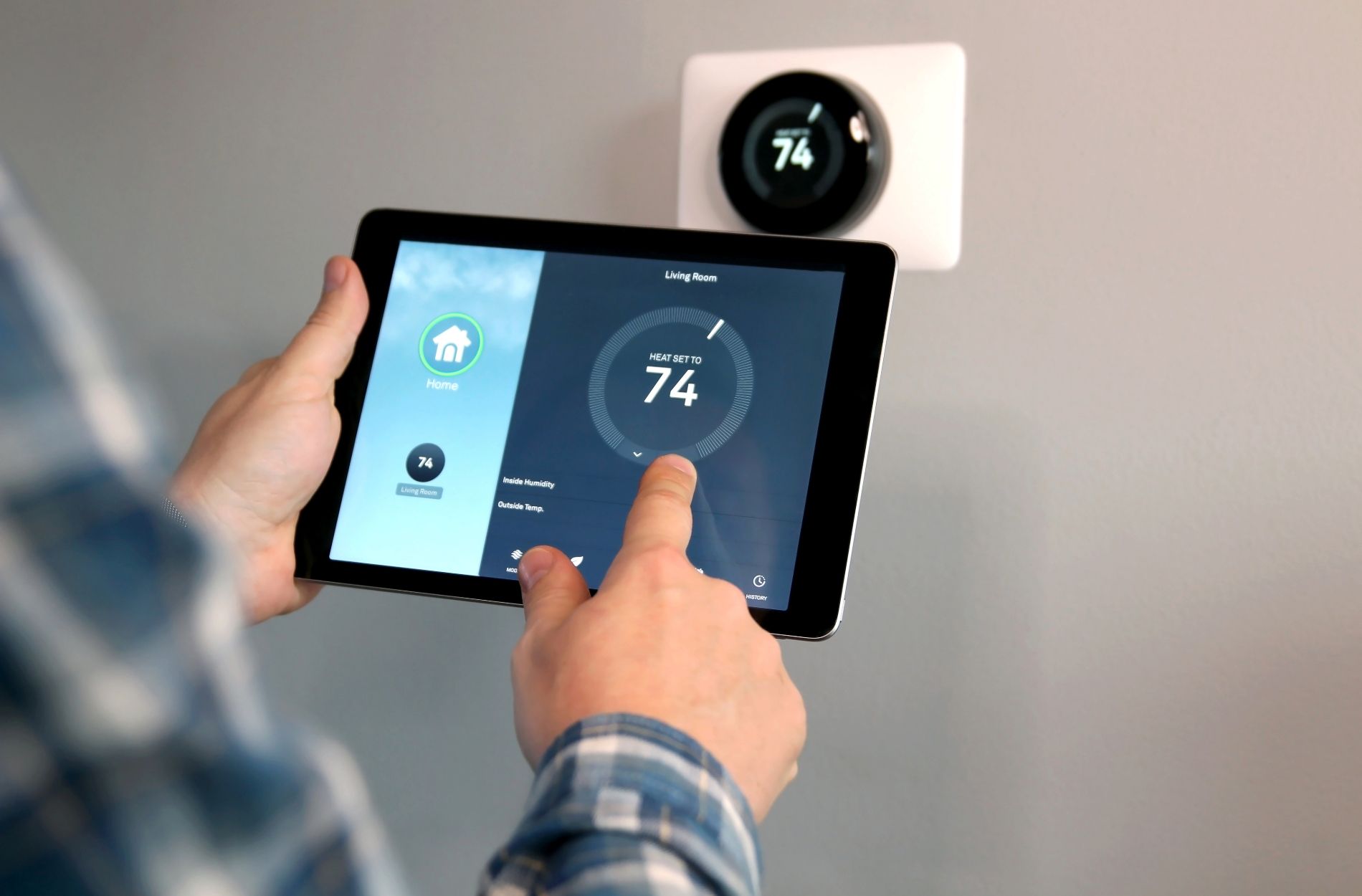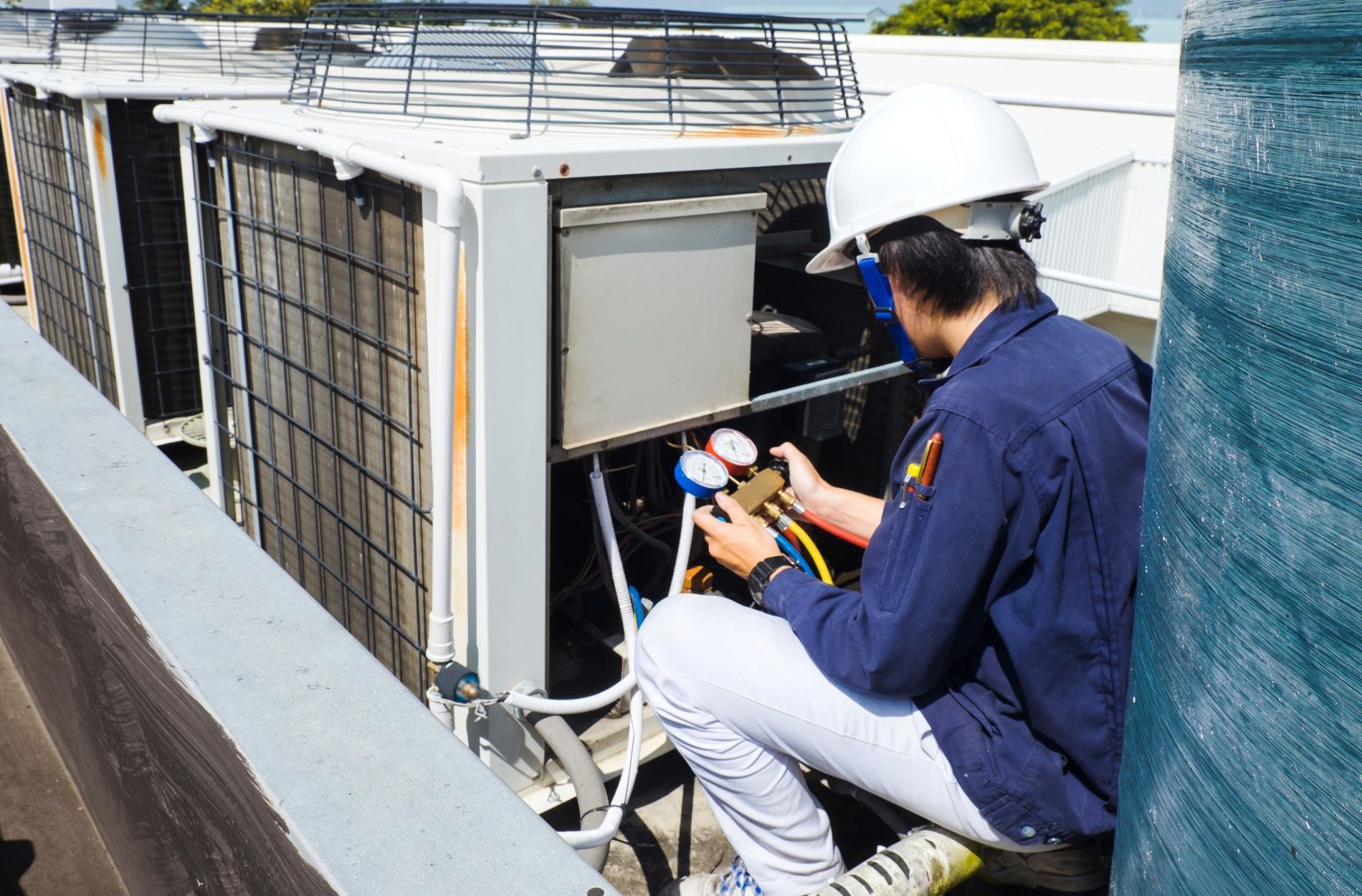Best Air Filter for Your HVAC System
Choosing the right air filter for your HVAC system is essential for maintaining a healthy and comfortable home. Air filters play a significant role in trapping dust, pollen, and other airborne particles, ensuring the air you breathe is clean. With so many options on the market, figuring out which filter suits your needs best can be overwhelming. Taking the time to understand the differences between various types of filters and their benefits can help make this decision easier.
We often overlook the impact that a good air filter can have on our HVAC system’s performance and our indoor air quality. A suitable filter can improve the efficiency of your HVAC system, save you money on energy bills, and even extend the lifespan of the equipment. Additionally, it can help reduce respiratory issues and allergies by keeping harmful particles out of your indoor air. Making an informed choice about air filters can have long-lasting benefits for your home environment. Choosing, maintaining, and understanding the right filter can make a significant difference in the air quality and comfort of your home.
Understanding Different Types of Air Filters
Choosing the best air filter starts with understanding the different types available. There are several options, each with specific benefits and drawbacks. The most common types include fiberglass filters, pleated filters, and HEPA filters. Fiberglass filters are the most basic and affordable option. They are made from layered fiberglass fibers and capture large particles, but they are not very effective against smaller pollutants.
Pleated filters offer a step up in performance. Made from polyester or cotton folds, they have a larger surface area, which allows them to trap more particles. These filters are more efficient and last longer than fiberglass filters. HEPA (High-Efficiency Particulate Air) filters are the top choice for those seeking the highest air quality. These filters can capture up to 99.97% of airborne particles, including dust, pollen, mold spores, and even some bacteria and viruses. Additionally, there are also washable and electrostatic filters that can be cleaned and reused, adding a level of convenience and efficiency.
Factors to Consider When Choosing an Air Filter
When selecting an air filter for your HVAC system, several factors should guide your decision. One of the main considerations is the MERV rating, which stands for Minimum Efficiency Reporting Value. This rating measures how effectively a filter captures particles. Higher MERV ratings indicate better performance. For most homes, a filter with a MERV rating between 8 and 13 is sufficient, balancing performance and airflow without overworking your HVAC system.
Another factor to consider is the filter size. It’s crucial to choose a filter that fits correctly in your HVAC unit. Improperly sized filters can allow unfiltered air to bypass the filter, reducing efficiency and air quality. Additionally, consider the specific needs of your household. If you have pets or someone with allergies or respiratory issues, opting for a higher-efficiency filter, like a HEPA filter, might be the best choice. Also, take into account the cost and maintenance requirements. While high-efficiency filters offer better performance, they may also require more frequent replacements and can be more expensive. Balancing these factors will help you choose the best air filter for your home’s unique needs.
How to Maintain and Replace Your Air Filter
Maintaining and replacing your air filter is crucial for the efficiency and longevity of your HVAC system. Regular maintenance ensures that your system runs smoothly and the air in your home stays clean. First, you should check your air filter every month, especially during heavy use periods like summer and winter. If the filter looks dirty, it’s time to either clean or replace it, which should generally be done every three months.
To replace the filter, turn off your HVAC system. Locate the filter, which is usually found in the return air duct or near the air handler. Carefully remove the dirty filter and dispose of it properly. Insert the new filter, making sure the arrows printed on the frame point in the direction of airflow. This step is crucial for the filter to work correctly. For washable filters, follow the manufacturer’s instructions for cleaning. Once clean, allow the filter to dry completely before reinstalling it. Regular upkeep like this prevents clogs and ensures your HVAC system operates efficiently.
Benefits of High-Quality Air Filters for Your HVAC System
Using high-quality air filters provides numerous benefits for your HVAC system and home environment. One of the main advantages is improved indoor air quality. High-efficiency filters, like HEPA filters, trap a higher percentage of airborne particles, including dust, pollen, mold spores, and even bacteria. This is especially beneficial for households with pets, or those who suffer from allergies or respiratory issues.
Another significant benefit is enhanced HVAC system performance. High-quality filters reduce the strain on your system by keeping it cleaner, which can extend its lifespan. Better filtration also means that the system doesn’t have to work as hard to maintain the desired temperature, leading to lower energy consumption and reduced utility bills. Additionally, fewer particles in the system mean fewer breakdowns and less frequent need for repairs. Investing in a high-quality filter is a cost-effective way to ensure optimal performance and longevity of your HVAC system.
Conclusion
Choosing the right air filter for your HVAC system is a small yet impactful decision that significantly affects the comfort and health of your home. By understanding the different types of filters, knowing what to consider when selecting one, and maintaining it properly, you ensure that your HVAC system operates at peak efficiency. High-quality air filters are essential for maintaining clean indoor air and reducing stress on the system, which translates to lower energy costs and fewer repairs.
At Anytime Heating & Air, we are dedicated to helping you achieve the highest level of comfort in your home. Don't wait until poor air quality or system issues arise. Contact us today to find out how we can help you choose and maintain the best
air filter for your HVAC system. Your home’s comfort and health are our priority.


